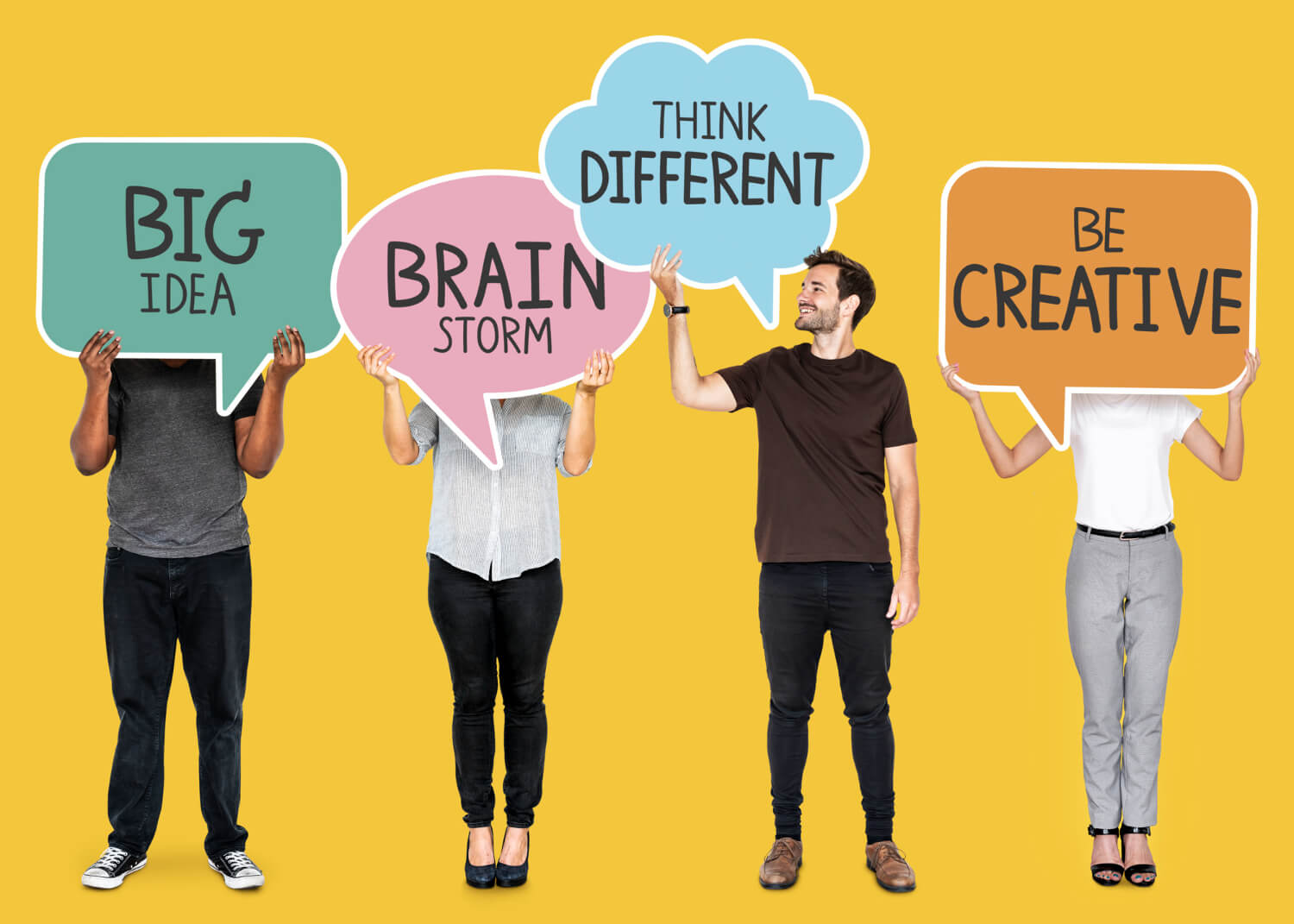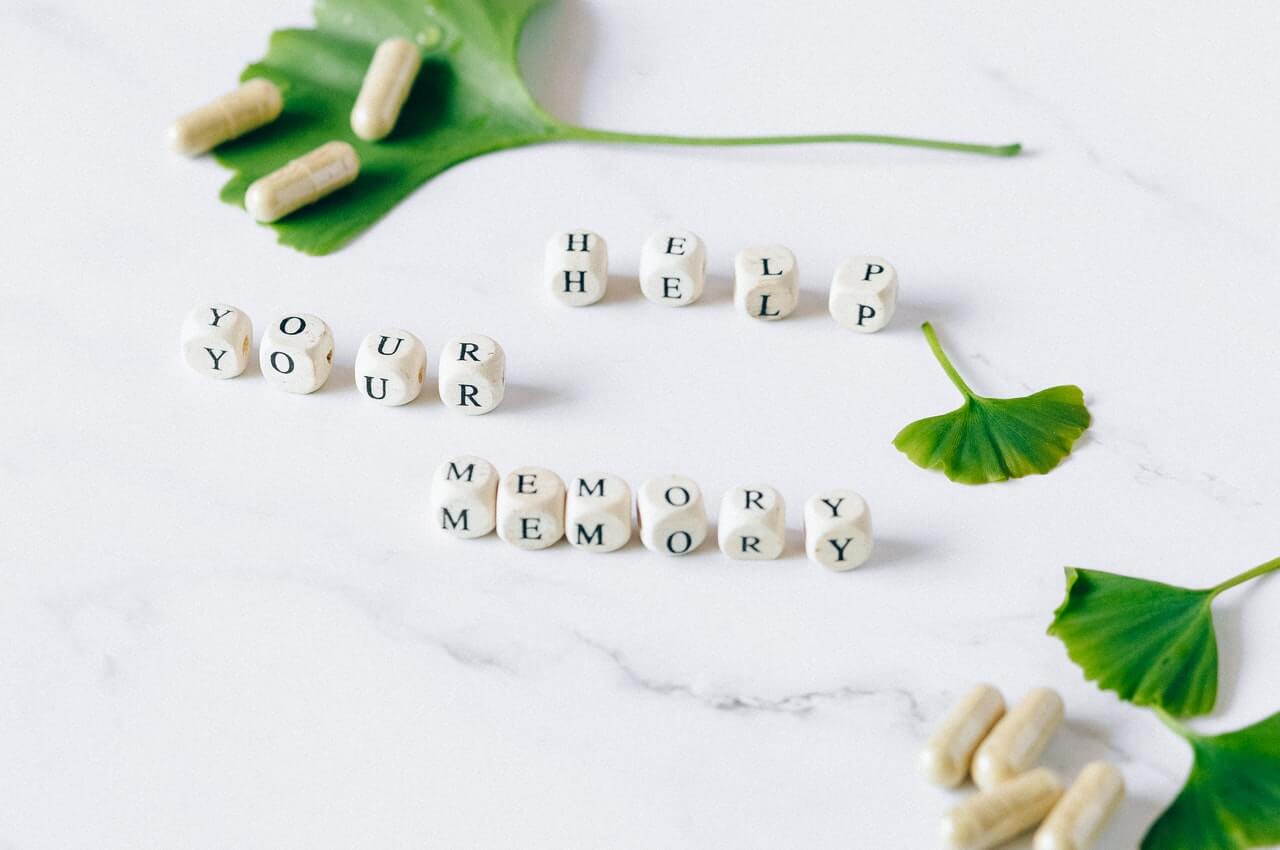Critical Thinking Skills: What It Is, Examples and Guidelines Copyright Carter McNamara, Authenticity Consulting, LLC Sections in This Topic Include What is Critical Thinking? Benefits and Examples of Critical Thinking How Good Are Your Critical Thinking Skills? Developing Your Critical Thinking Skills General Resources Also consider Concentration Creative Thinking Mindfulness Mindsets Reframing Systems Thinking Strategic …
Professional Development/
Improving Yourself
Creative Thinking Skills: What It Is, Examples and Guidelines Copyright Carter McNamara, Authenticity Consulting, LLC Sections in This Topic Include What is Creative Thinking? Benefits and Examples of Creative Thinking Developing Your Creative Thinking Skills Also consider Concentration Creative Thinking Critical Thinking Mindfulness Mindsets Reframing Systems Thinking Strategic Thinking Related Library Topics Learn More in …
Concentration: What It Is, Examples and Guidelines Copyright Carter McNamara, Authenticity Consulting, LLC Sections in This Topic Include What is Concentration? Causes of Poor Concentration Test – How Well Do You Concentrate? Strategies to Improve Your Concentration Also consider Creative Thinking Critical Thinking Mindfulness Mindsets Reframing Systems Thinking Strategic Thinking Related Library Topic What is …
How to Self-Reflect: Guidelines and Resources Copyright Carter McNamara, Authenticity Consulting, LLC Sections in This Topic Include What is Self-Reflection? How to Improve Your Self-Reflection Also consider Related Library Topics Learn More in the Library’s Blogs Related to Personal Development In addition to the articles on this current page, also see the following blogs that …
How to Improve Your Thinking Skills Thinking skills are how you use your brain to recognize, interpret, analyze and come to conclusions about information. It is you use your brain to make decisions and solve problems. It also is how you use your brain to convey information to others, including to clarify what you want …
Improving Your Learning The focus of the Library is on resources for personal, professional and organizational development. At the core of these is personal development. Without personal development, it’s difficult to sustain professional and organizational development. Sections in This Topic Include Are You Learning Everyday? Learn, Grow, Lead: Stand Out In the Crowd Various Perspectives …
How to Study and Use Study Guides Copyright Carter McNamara, Authenticity Consulting, LLC Sections of This Topic Include How to Improve Study Skills How to Use Study Guides Also consider Adult Learning Concentrating Continuous Learning Creative Thinking Critical Thinking Learning in Courses Defining Learning Group Learning Key Terms in Learning Improving Your Learning Improving Your …







